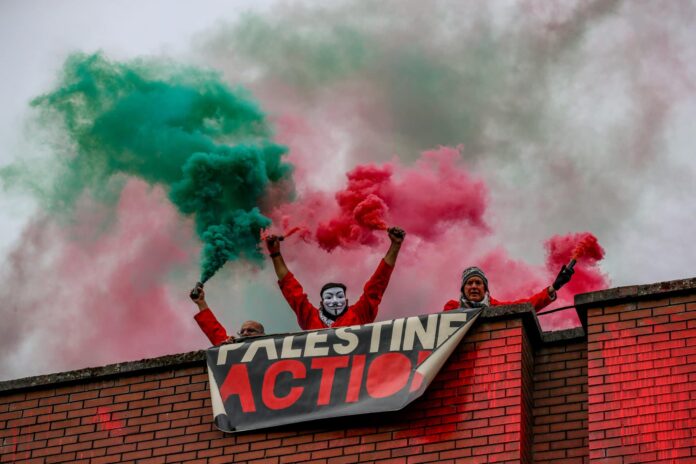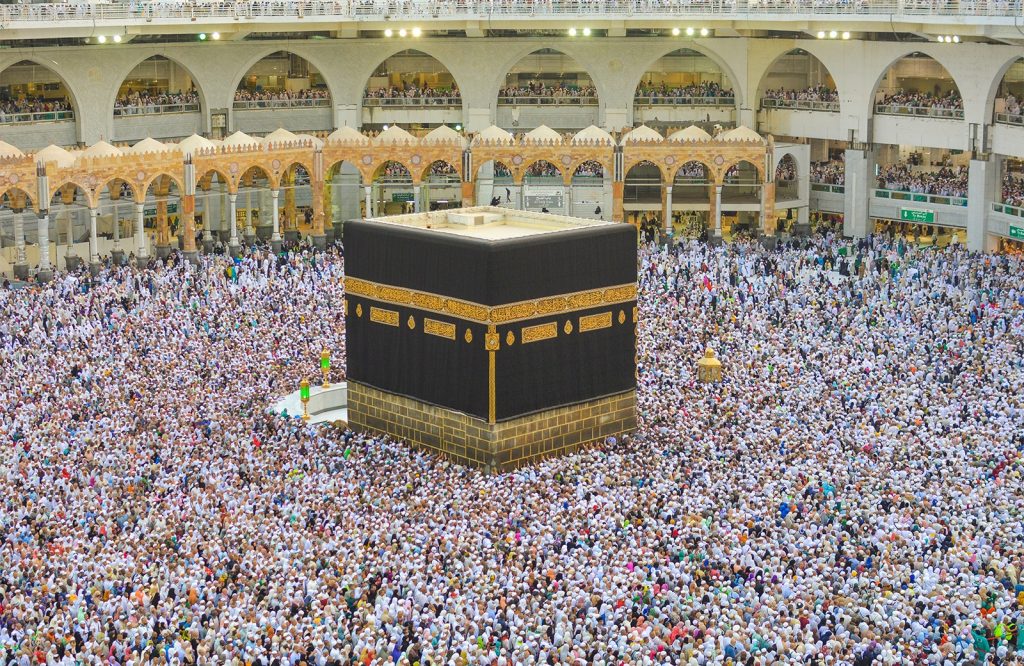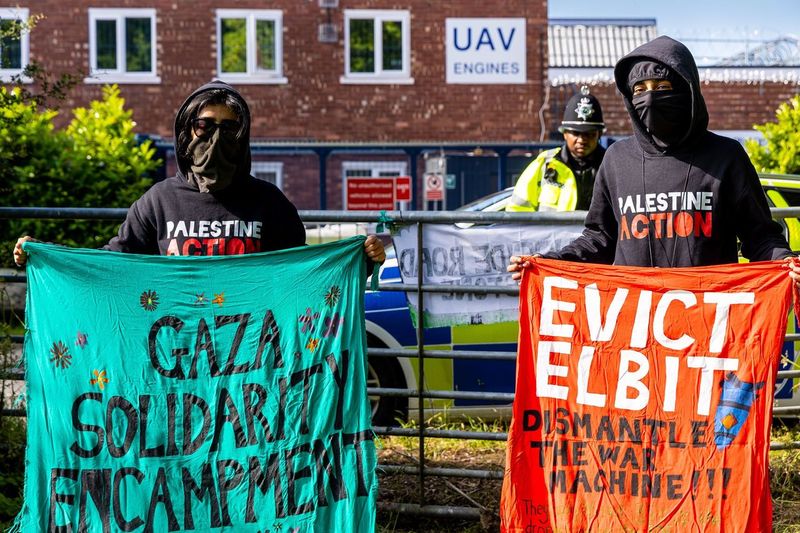Reassessing Priorities in the Face of Oppression
Dr. Asim Qureshi challenges the community to reconsider what actions hold the greatest significance in contemporary Islam. He ponders whether, amid the ongoing suffering of the Palestinian people, directly confronting the mechanisms of oppression—such as by disabling weaponized drones—might bear as much weight as fulfilling the pilgrimage to the Ka’aba, one of Islam’s central obligations.

The Sacred Duty of the Pilgrimage
The Hajj, the journey to the Grand Mosque in Mecca, unites Muslims from all around the globe in a singular expression of worship. The experience — often marked by profound emotion as pilgrims stand before the simple cubic form of the Ka’aba — represents an individual act of devotion that brings the worshipper profoundly closer to the divine.
Yet, Dr. Qureshi invites reflection on a celebrated narration from the Prophet Muhammad (pbuh). In it, the sanctity of every Muslim life is declared to surpass even the revered status of the Ka’aba. This perspective underscores that the preservation of each life holds the highest value in the eyes of Allah.

The Crisis of the Palestinian People
Today, the Palestinian people endure the harsh realities of a prolonged catastrophe—marking 77 years since the Nakba, when thousands perished and many more were displaced from their homeland. This ongoing struggle is not only about individual lives but also the collective fate of an entire people living under severe oppression.
The Qur’an reminds believers that reclaiming what has been unjustly taken is both a moral and an inherent right of those dispossessed. However, providing direct, on-the-ground support remains a challenge. With borders tightly controlled by the occupying force and regional powers acting as gatekeepers, physical assistance is often obstructed.
Rethinking Traditional Forms of Support
Many have called for the mobilization of armed forces to defend Palestinian rights, even as such forces are themselves embroiled in internal conflicts. In practical terms, most responses have centered on protests. While demonstrations play an important role in signaling solidarity, they rarely disrupt the established mechanisms of power.
Economic measures, particularly boycotts, have emerged as a more disruptive form of resistance. By refusing to purchase products linked to the oppressive regime, individuals contribute to a broader strategy aimed at severing the financial support that sustains colonial and apartheid practices.

Direct Action in Challenging Systems of Violence
For those living near the source of weapon manufacturing, such as the facilities producing drones for oppressive regimes, the call to act becomes more immediate. Groups like Palestine Action have taken radical steps by targeting companies involved in producing these instruments of warfare. Their operatives have infiltrated factories and deliberately sabotaged production lines to halt the distribution of weaponry that facilitates violence against Palestinian civilians.
One notable case involves a group of young female activists, known for their direct actions against a major arms manufacturer in the United Kingdom. Their mission, driven by profound compassion for the Palestinian people, has already inflicted significant damage. Despite facing prolonged imprisonment, these individuals remain steadfast, believing that obstructing the supply of violence is worth any personal sacrifice.

Reevaluating the Meaning of Devotion
Dr. Qureshi’s reflections bring us back to a central tenet of faith: that preserving human life is of unmatched importance. In a time of systemic oppression and violence, he poses a crucial question—might directly dismantling tools of warfare be regarded as spiritually equivalent to undertaking the Hajj?
This provocative inquiry calls for a deeper examination of how acts of resistance and solidarity can complement traditional religious practices. In the struggle against injustice, every action—whether it is a personal pilgrimage or a bold, physical disruption of violence—carries the potential to affirm the sanctity of life and the shared commitment to social justice.

Embracing Faith, One Insight at a Time!
The teachings of the Quran have always guided my path. With a deep passion for Islamic knowledge, I strive to blend the wisdom of tradition with the relevance of today, making the timeless messages of Islam accessible and meaningful for everyone.
Muslim Culture Hub is my platform to share historical insights and thought-provoking articles, exploring both well-known and lesser-discussed aspects of Islamic culture and beliefs. My mission is to create an inclusive online space where everyone can learn, strengthen their faith, and connect with the profound message of Islam.
Join the journey!
May peace be upon you.







